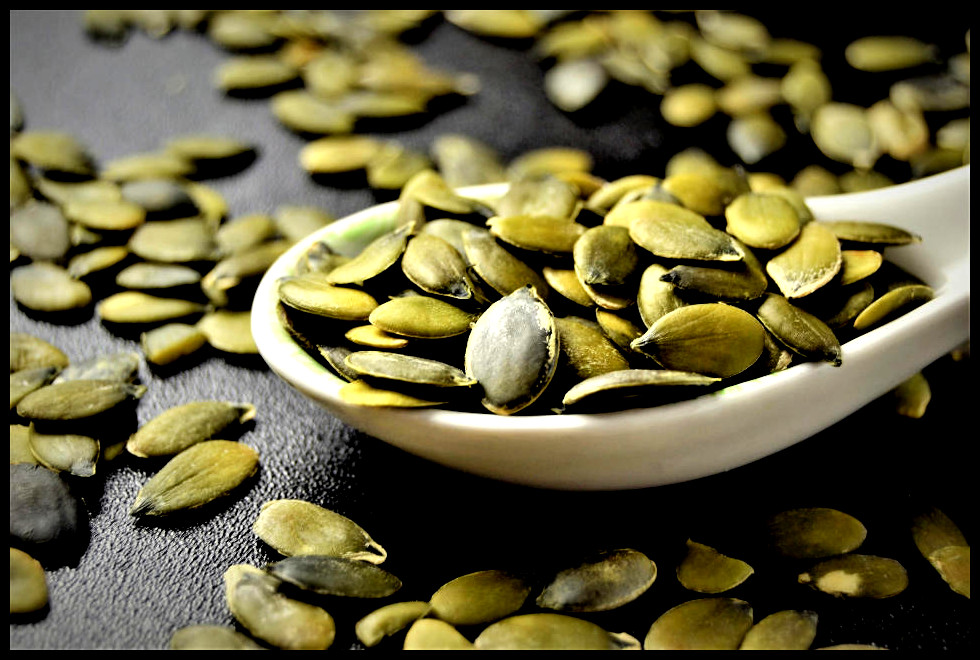rewrite this news title 9 mood-boosting foods to try, according to dietitians

When it comes to writing content, two factors are crucial, “perplexity” and “burstiness.” Perplexity measures the complexity of text. Separately, burstiness compares the variations of sentences. Humans tend to write with great burstiness, for example, with some longer or complex sentences alongside shorter sentences. AI sentences tend to be more uniform. Therefore, when writing the following content I am going to ask you to create, I need it to have a good amount of perplexity and burstiness. Using the concepts written previously, Rewrite the news article with a high degree of perplexity and burstiness. There may be a link start with shopping.yahoo.com and redirected to Amazon.com, If there is an Amazon affiliate link then replace the link with only Amazon product link and add the tag=harsh0206-20 –
Anyone who has ever found comfort in certain foods like ice cream or a bowl of pasta after a tough day or felt sluggish and even a bit sad after a big meal knows that food can impact your mood in both positive and negative ways.
Michelle Routhenstein, preventive cardiology dietitian at Entirely Nourished, tells Yahoo Life that some foods, such as those high in saturated fat and added sugar, may cause blood sugar fluctuations that result in mood swings, fatigue, sleep disturbances and inflammation, leading to feelings of sluggishness and depression. Christine Byrne, dietitian and owner of Ruby Oak Nutrition in Raleigh, N.C., adds that relying on food as a coping mechanism for emotions like boredom, stress, loneliness or sadness can negatively impact your mood.
On the flip side, there are also foods that, as part of your regular diet, can help improve your mental health. “Certain foods have the potential to positively influence your mood by promoting brain health, regulating mood, stabilizing blood sugar levels and providing sustained energy,” says Routhenstein. In a 2018 review, researchers found 12 key nutrients associated with preventing and treating depressive disorders. These “antidepressant nutrients” are folate, iron, omega-3 fatty acids, magnesium, potassium, selenium, thiamine, vitamin A, vitamin B6, vitamin B12, vitamin C and zinc.
But in general, Byrne tells Yahoo Life that “an overall balanced diet that contains plenty of nutrient-dense foods is probably best when it comes to mental health.” She highlights that food serves as more than just nutrition; it can provide pleasure and social and cultural connections, as well as evoke positive memories — all of which can influence mood positively.
Here’s what experts say are the top 6 foods that can improve your mood:

Pumpkin seeds
“Pumpkin seeds are a great source of tryptophan, an amino acid that supports mood regulation by aiding in the production of serotonin, a neurotransmitter associated with feel-good feelings,” explains Routhenstein. A 2021 study found that taking up to 3 grams of L-tryptophan daily can help decrease anxiety and improve the mood of healthy individuals.
Consuming a small handful — about 1 ounce — of pumpkin seeds a few times per week can contribute to your intake of tryptophan. Routhenstein recommends sprinkling pumpkin seeds on salads, yogurt or oatmeal, or enjoying them on their own as a snack with an orange.
Like most nuts and seeds, pumpkin seeds are high in protein and unsaturated fats, helping you to stay full and regulate your blood sugar levels, which helps prevent mood swings. A recent study in middle-aged and older adults found that eating up to one serving, about 30 grams, of nuts a day was associated with a 17% lower risk of depression compared with those who did not eat nuts.

Fatty fish
Fatty fish, such as salmon, mackerel, anchovies, sardines and striped bass, is rich in omega-3 fatty acids, which help protect your heart, fight inflammation and support brain function. “Based on the research so far, the nutrients that seem to have the strongest link to improved mood are omega-3 fatty acids,” notes Byrne. Many studies have shown fatty fish intake to be associated with a reduced risk of depression, especially in women.
Inflammation is linked to depression and fatigue, possibly worsening symptoms especially in those with chronic conditions, but fatty fish is rich in vitamin D, which has neuroprotective and anti-inflammatory properties and is involved in the production of mood-boosting serotonin. Research shows that vitamin D supplementation can help improve negative emotions, especially in those with vitamin D deficiency and major depressive disorder.
The American Heart Association recommends eating 3 ounces of cooked fatty fish twice a week.

Avocados
“Avocados are packed with heart-healthy monounsaturated fats, notably oleic acid, which is vital for brain health and linked to a lower risk of depression,” says Routhenstein. Oleic acid has anti-inflammatory and antioxidant properties, aids in maintaining the integrity of brain cell membranes and supports neurotransmitter function — the chemical messengers of your body — and mood regulation.
Like pumpkin seeds, avocados also contain tryptophan, and are loaded with magnesium, potassium and vitamin C. Magnesium is a key player in mood regulation, as it helps activate the systems in our body that promote feelings of relaxation and calmness and prevent depression. Research has found a significant association between very low magnesium intake and depression, especially in younger adults.
Experts recommend including one to two avocados a week in your diet to benefit your brain and heart health.

Oranges
“Oranges contain flavonoids, such as hesperidin, which have antioxidant properties and may help reduce inflammation in the brain, supporting overall mood stability,” explains Routhenstein.
The fruit is also high in vitamin C, which helps protect against oxidative stress, fight inflammation and regulate dopamine — a neurotransmitter and hormone that increases motivation and pleasure. Vitamin C may have a therapeutic effect on mental illness, including depression and anxiety, and helps improve overall mood.
And it’s not just eating them that helps improve mood: The scent of oranges is known to evoke a sense of calm and help reduce stress. Adding an orange into your daily routine or having one a couple of times a week can benefit your brain and heart health.

Dark leafy greens
Dark leafy greens, such as spinach, kale, bok choy and Swiss chard, are packed with many of the “antidepressant nutrients,” including magnesium, iron, folate, potassium and vitamins A and C. They are also high in fiber and act like antioxidants in the body, supporting brain health.
In particular, iron and folate play a key role in the production of dopamine, serotonin and norepinephrine — a neurotransmitter that plays a role in stress response and brain function. Lower levels of both serum iron and folate have been associated with a higher incidence of depression.
Spinach, one of the most versatile leafy greens, can be enjoyed raw in salads or sandwiches, or easily added to smoothies, soups, stir-fries and pastas. Strive to include at least one cup of raw or half a cup of cooked leafy greens most days to reap the benefits.

Dark chocolate (70% to 85% cacao)
Besides being a tasty treat, dark chocolate is rich in phenolic antioxidants, which can protect against inflammation and oxidative stress, supporting cognitive function and mood. A 2022 study found that dark chocolate also mimics prebiotics, nourishing gut microorganisms and improving negative emotional states via the gut-brain axis — a vital communication network within the nervous system.
Researchers have found that adults who ate chocolate, particularly dark chocolate, had notably lower chances of experiencing depressive symptoms. Those who consumed about 104 to 454 grams of chocolate a day showed a 57% reduced risk of having depressive symptoms compared with those eating no chocolate at all.
Despite the benefits of dark chocolate, it’s recommended to limit your intake to about 1 to 2 ounces daily due to its high calorie content per serving.
Here are more mood-boosting foods worth adding to your diet:
• Oatmeal: This breakfast staple is not only heart-healthy and fiber-rich, but oatmeal can also increase your levels of mood-boosting dopamine, along with tyrosine and norepinephrine, which help improve alertness.
• Fermented foods: These foods, which include Greek yogurt, Icelandic skyr, kimchi and sauerkraut, contain the bacterium Lactobacillus, which helps decrease stress and anxiety levels.
• Eggs: Eating protein-rich foods like eggs is linked to higher levels of dopamine and norepinephrine, which are brain chemicals that impact mood. One study found that older adults who consumed eggs at least three times a week had a lower risk of depressive symptoms.
Maxine Yeung is a dietitian and board-certified health and wellness coach.




